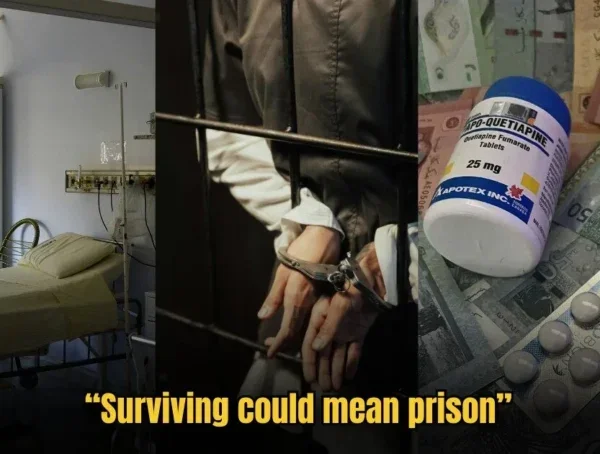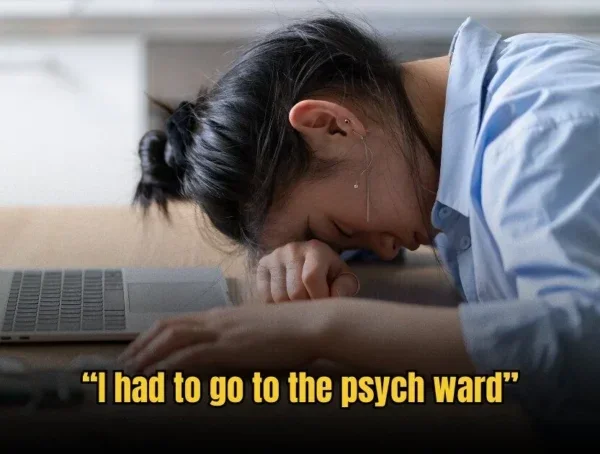As a young kid, and as a teenager, I never apologised for anything in my life — at least, not to myself.
Outwardly, whenever I got caught for eating snacks in the classroom, or copying homework, I would just say the magic words “I’m sorry.” and forget about it.
Saying sorry was often used by me as a “Get Out Of Jail” card.
I never understood how to truly apologise in a genuine way, until I started working in an office.
Explaining myself to a work superior is 100 times more nerve-wracking than apologising to a friend. That’s when I realised I was doing it all wrong.
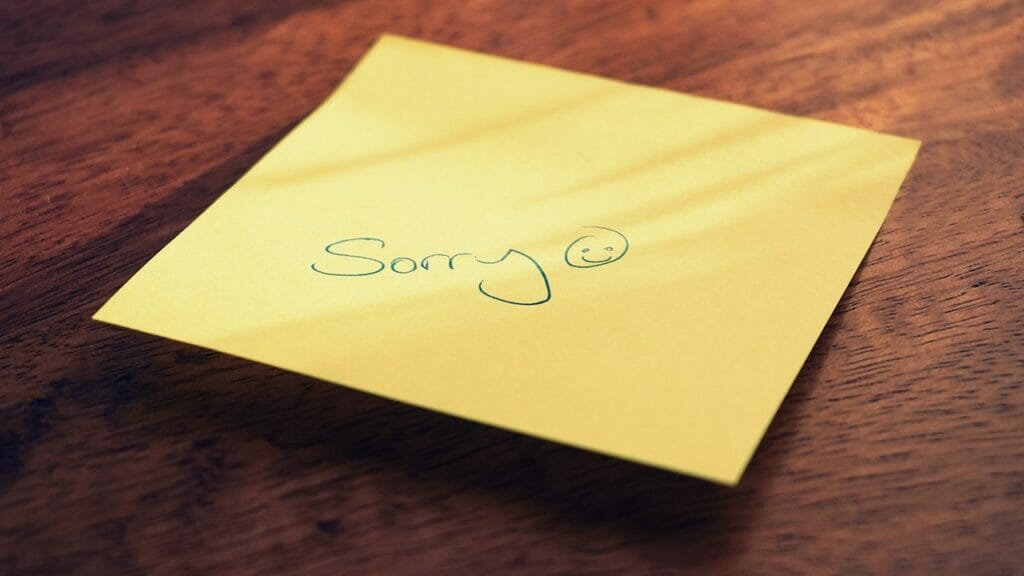
Saying “I’m sorry, but—”
Whenever I’m accused of something, my instinct is to get defensive. The shoulders get hunched up, the first reply is “I didn’t do anything wrong.”
The thing is, I wasn’t aware that my “Perfectly valid reasons” only came across as excuses.
For example: “It was in the heat of the moment” — A lot of things happen in the heat of the moment: joining an MLM, having an unplanned pregnancy, saying racist things on Twitter.
While it may be true, it’s not really helpful. How about I just admit that I screwed up?
Or: “I have a lot of things on my plate.” I was feeling overwhelmed at the time, but to others, it came across as, “My tasks are too important for me to offer you the courtesy to do the thing you asked.”
One of my favorite phrases was ““I’m sorry, but —” For example, “I’m sorry, but I didn’t know any better!” I felt it was unfair that I had to apologise for something which I didn’t even know was wrong. Nobody told me!
But that doesn’t change the fact that it was wrong.
If you find yourself scrambling for a reason to cover your butt, you most likely are trying to avoid saying the dreaded words:
I’m sorry, and I screwed up.
“Performing” an Apology
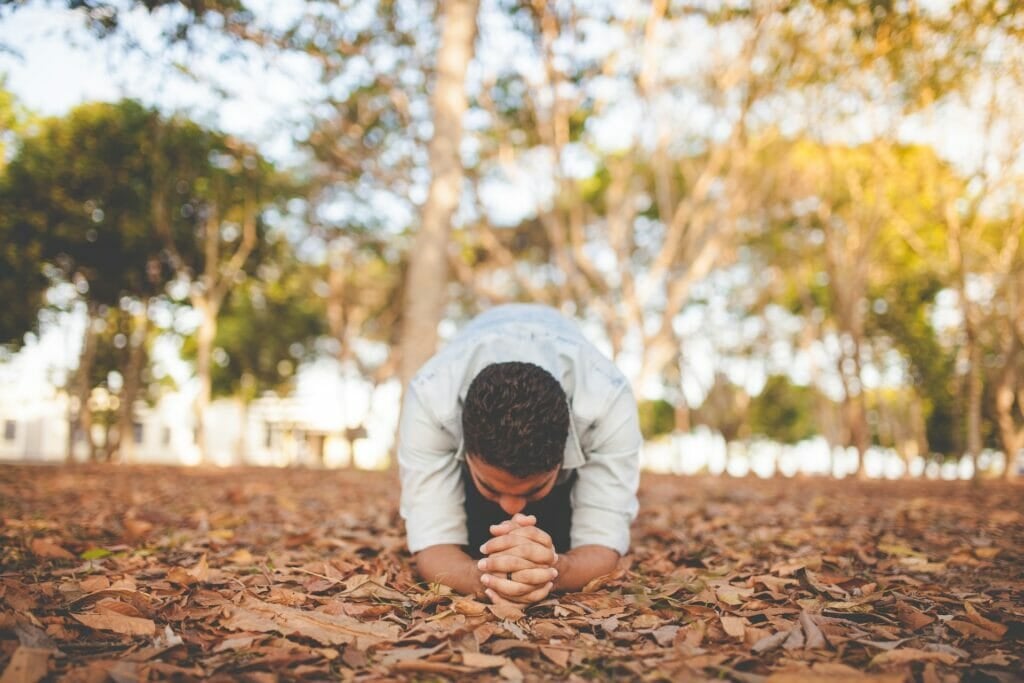
On the other side of the coin, sometimes I’d overdo my apologies to the point where it felt over-the-top and unnecessary.
If you were the favorite child, you are more likely to do this because you learn from young that it usually works.
A funny example is Youtuber apology videos. There’s gnashing of teeth, pulling of hair, loud sobs, wiping away non-existent tears.
It’s all very entertaining, seeing someone completely lose it over some subscribers on camera. And it has its place in reality TV shows and love triangles.
If you think about it, this kind of apology is simply another aspect of being self-absorbed. It’s kind of a performance: “Look how sorry I am feeling, don’t you feel pity for me?”
But there are good apology videos. The best one is Jenna Marble’s fish video. Most people would double down on their innocence — she didn’t.
When her subscribers pointed out that she was abusive to her fish, she admitted fault, rectified the situation and provided education about the topic.
Now that’s how you make an apology video.
Being genuinely sorry is always hard.
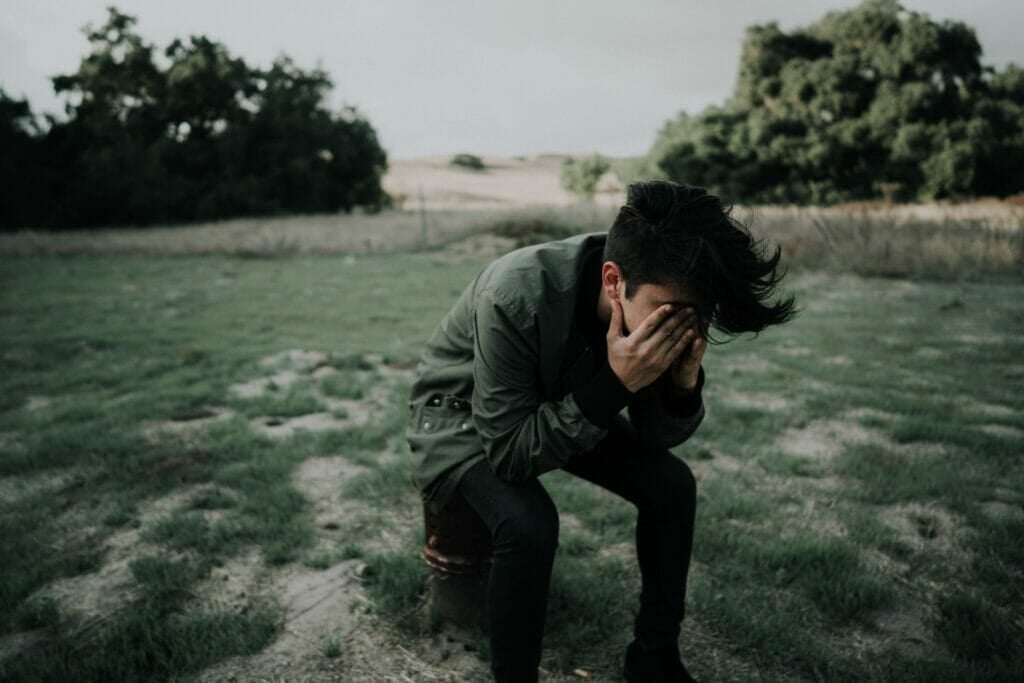
In my first two years of working life, I found myself apologising for a lot of mistakes I made.
All this while, to be honest, I wasn’t really doing anything to change for the better.
“Saying sorry”was a defense mechanism to avoid confrontation — as long as I apologise enough, I will be left alone.
I was apologizing for myself, when I should have been apologizing for hurting others.
But in doing so, I was doing everything except the one thing that would resolve the issue:
Learning to Own My Mistakes.

“Apologising — Isn’t that the same as owning your mistakes?” You might ask.
Here’s the difference: One is saying sorry for something you’ve done.
The other is taking responsibility for your mistakes. It’s saying, “Yes, I screwed up. Here’s what I’m doing to make it better.”
Unlike over-apologising, or being defensive, there is no ulterior motive behind owning a mistake.
You will most likely get more ridicule, not less. And you’ll have no choice but to take it on the chin.
So what does owning your mistake look like? It is cleaning up after you made a mess in the pantry — and giving the cleaner a gift for their contribution to keeping the office clean.
It’s saying sorry for forgetting your wedding anniversary — and taking your partner on a trip and a dinner at her favorite restaurant.
It’s rectifying the mistake, and showing by actions that you care about repairing the relationship that was broken because of your mistakes.
So how do we apologise properly?
Step 1: Express Remorse
Say “I’m sorry, that was my fault”. The first thing people want to hear is just that “sorry”, and nothing else.
Think of saying sorry as the first step towards opening a dialogue. Without it, you cannot begin diplomacy because the other party is still angry.
Step 2: Listen
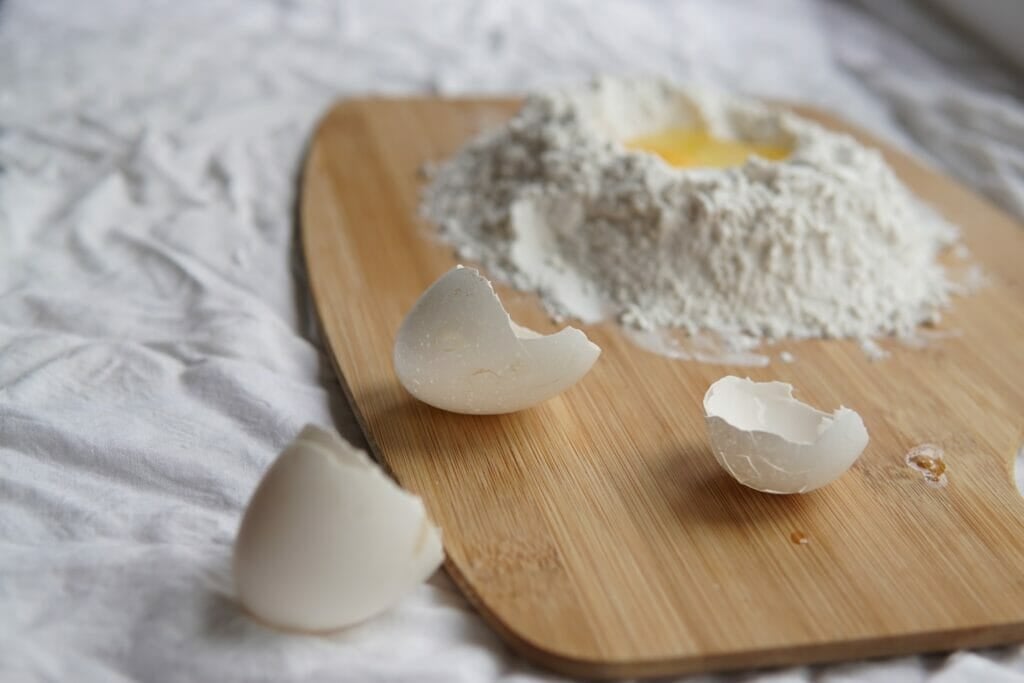
After saying sorry, allow the other person to air out their grievances.
It’s tempting to butt in, but by keeping quiet and listening, you let them feel heard. and you can get what part of it makes them upset.
Step 3: Own your Mistakes
Finally, make an effort to make the situation right.
Often enough, it involves doing something to make the other person feel better. But don’t promise to do something and then not to do it.
Explain that you won’t repeat the action or behavior.
Step 4: Accept the Consequences
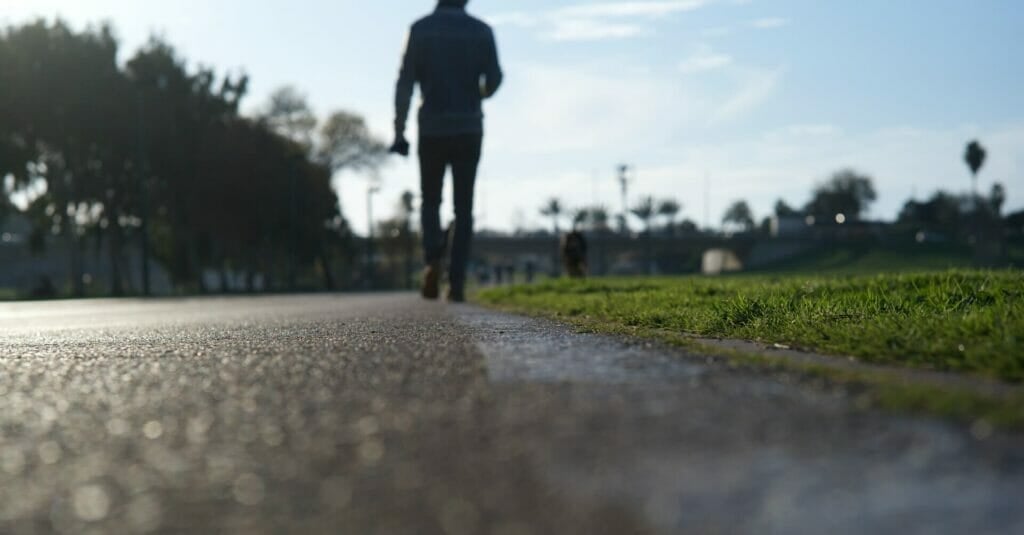
The last and probably hardest lesson to learn is that sometimes, some wrongs can’t be made right.
One thing I always see in TV shows is that the person who has been wronged is somehow expected to accept the apology.
In the movies, the guy runs back to the girl, flowers in hand, and professes his love for her, that he was wrong for leaving, and she takes him back and they live happily ever after.
In real life, just because you do all those things, it still doesn’t guarantee a reconciliation. Like a certain OneRepublic song says, sometimes it’s too late to apologise.
For more stories like this, read: I Reached Out To My Bully After 10 years – Here’s What I Found Out and The Racism I Experienced Dating In Malaysia

More from Real Mental Health
“I Was Scared of Waking Up in Handcuffs,” shares Depressed M’sian on Repealed Law
In 2023, Malaysia repealed Section 309, a colonial-era law that made suicide attempts a crime. The change marked a shift …
‘Everyone Saw A Successful Student While I Was Crumbling,’ Shares 22 Year Old Student
This is a story of a 22 year old woman who shared her story as a Straight A’s student as …
5 Harmful Mental Health Myths Malaysians Still Believe
Let’s break down five of the most common myths Malaysians still believe, and why it’s time to let them go.






